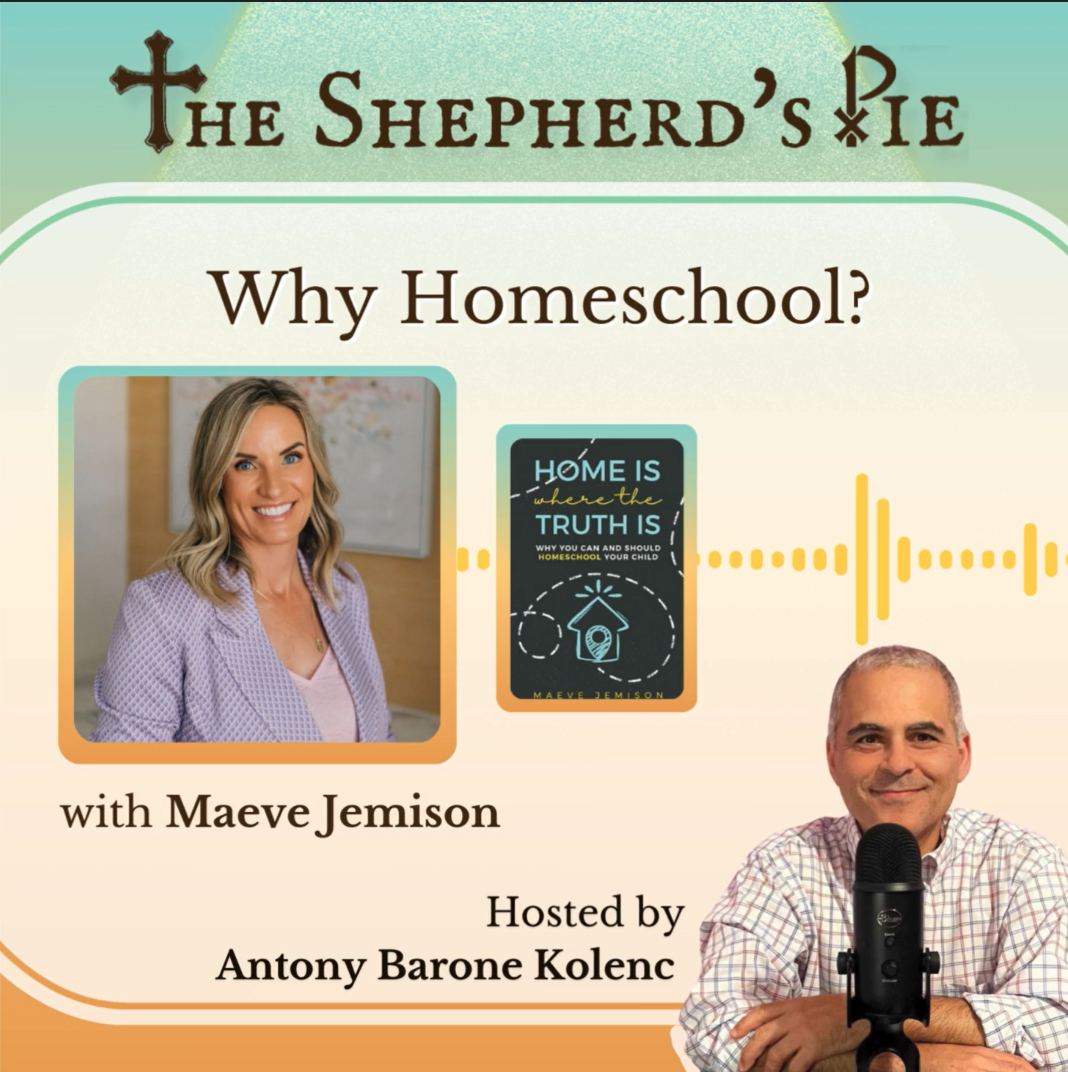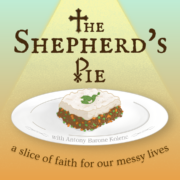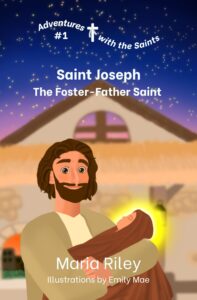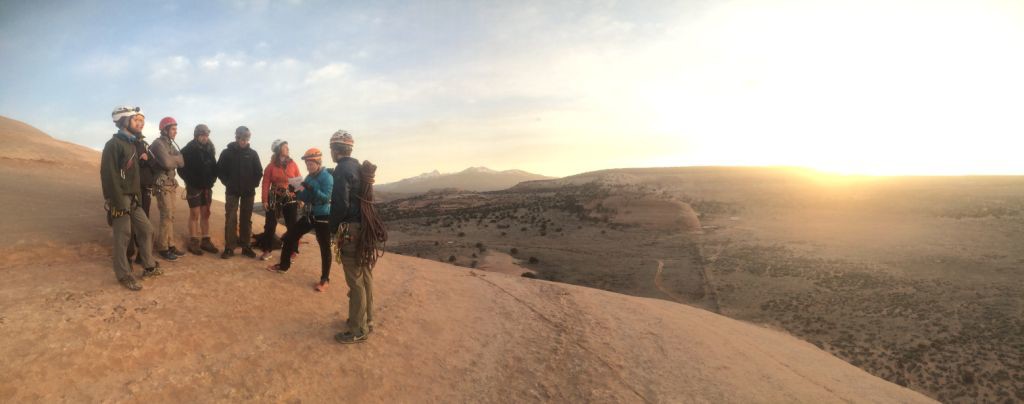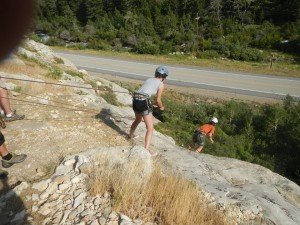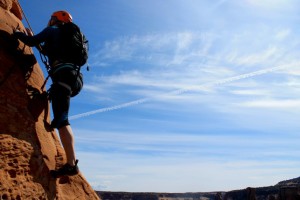
Introduction
He knew a path that wanted walking;
He knew a spring that wanted drinking;
A thought that wanted further thinking;
A love that wanted re-renewing.
~ Robert Frost, from “A Lone Striker”
In just two months, I will be striking out on my own. I will be leaving the Chicago area which I’ve called home for the entire eighteen years of my life. I’m shaking off these suburbs and skyscrapers. I’m headed westward, pioneer-style. Like the man in Frost’s poem above, I know a path that wants walking, a thought that wants thinking, a love that wants re-renewing.
In short, I’m going to Wyoming Catholic College.
I will be a freshman at Wyoming Catholic this August. But my journey to this new and unique Catholic school began long before that. Over the next couple of months, I’d like to share a few insights and reflections I’ve gained in my college search and preparation. It is my hope that this series will provide some timely thoughts on Catholic education, from the eyewitness viewpoint of a Catholic college student and aspiring writer. The Holy Spirit has truly led me to Wyoming Catholic. My only response can be to look back on the road so far, and praise Him.
The Calling
It was April 2013, the spring of my junior year of high school. The specter of college education had just begun to loom on my horizon, distant but still daunting—daunting, because, like many high school juniors and seniors, I had no clear idea what I wanted to do.
I had been given a quasi-classical, Catholic homeschool education since the age of four. What I had discovered over the years since then, was that I liked learning—especially the craft of words. I possessed a strong poetic streak and a penchant for weaving stories. I felt called to be an author.
My path should have been clear enough—go to a good liberal arts college, major in English or Creative Writing, land a job somewhere in the writing and publishing industry, and viola—my first novel would be right around the corner. Nevertheless, throughout high school I kept experiencing an odd, nagging feeling, that it wouldn’t be enough. As I fished through the growing pile of college brochures on my bedroom floor, nothing, not even the liberal arts schools, strongly attracted me. Something, among the ubiquitous boasts of the number of majors, the small class sizes, and the percentages of successful alumni—something was missing.
Meanwhile, during my junior year, I was enjoying my high school academics more than ever before. My parents, in the classical homeschool method, directed me towards the Great Books. I began to spend time with some of the greatest minds in Western history—Cervantes, Descartes, Milton, the American founding fathers, to name a very few. As I read their timeless works, I wrote summaries, asked questions, and reflected. I found that I loved finding the threads that connected these books to the absolutes of Truth, Goodness, and Beauty. The wisdom of the Great Books—combined with the religious education I received from my parents—began nourishing not only my schoolwork, but my whole life and thought.
In April of 2013, a lightning-bolt of realization stunned me. I had to go to a Great Books college. There was no question about it. I needed to attend a school which primarily cultivated not what I would do for a job, but who I would be as a person. (Of course, the job aspect is important as well, but not one that I can address here in full. For now, let me put it this way: the discovery of the human essence comes first. Profession comes second.)
Enthused, I dove into my college search with a new vigor. Fortunately—considering the miniscule number of Great Books colleges in the country—it didn’t take me long to stumble across Wyoming Catholic College.
Wyoming Catholic is tiny. It’s less than ten years old. Enrollment, though growing, is currently fewer than 150 students. It does not yet have its own permanent campus, and it’s tucked in a little Western town called Lander at the foot of the Rocky Mountains. And yet, the day I explored their website, I became convinced that this was where I needed, wanted, desperately desired to go.
Wyoming Catholic possesses a unique, three-fold identity that might be outlined as Catholicism, Great Books, and Wilderness. The school’s mission statement attests:
“Wyoming Catholic College is a four-year college committed to offering a liberal arts education that steeps its students in the awesome beauty of our created, natural world and imbues them with the best that has been thought and said in Western civilization, including the moral and intellectual heritage of the Catholic Church. The College strives to promote a love of learning, an understanding of the natural order, and the quest for virtuous living so that its graduates will assume their responsibilities as citizens in a free society.”
This college spoke to my heart and soul in a way no school ever had before. I had discovered the path that wanted walking, the love that wanted re-renewing. My grand adventure had begun.
Further Links
For an introduction to the classical education method, read this essay by historian and classical homeschool teacher Susan Wise Bauer.
For readers interested in learning more about Wyoming Catholic, visit their website at www.wyomingcatholiccollege.com. Their short film, “Everything in Excellence”, is an especially beautiful introduction to their mission and method.
Editor’s Notes: In the past few months we have seen the writing and editing talent of Mary Woods blossom. Now we are losing her to Wyoming. BUT all is not going to be missing. As a young lady with a deep faith she will be checking in with a monthly commentary about her adventures. Her faith and talent are striking out into the real world. Her faith will be tested and stretched, her talent molded. She will be “on an edge” more likely every now and then. Part of the curriculum is actually rock climbing! We are lucky to be sharing this adventure with her and send her along with prayers and love. Thank you Mary for your generosity. KC
